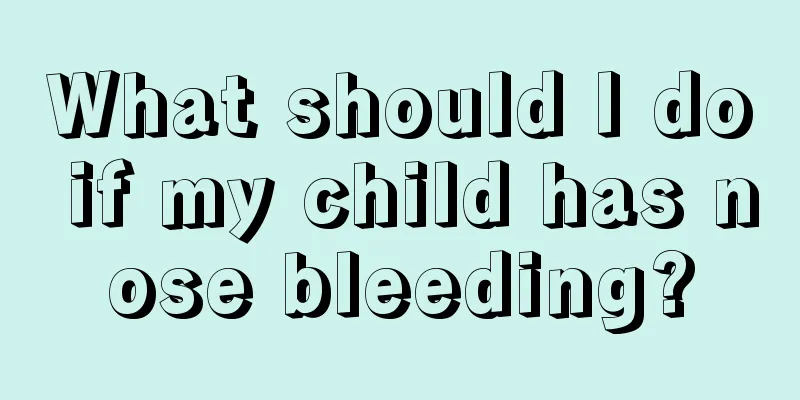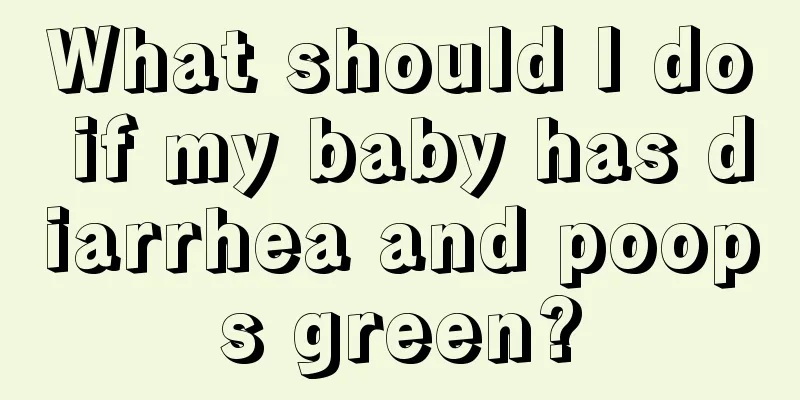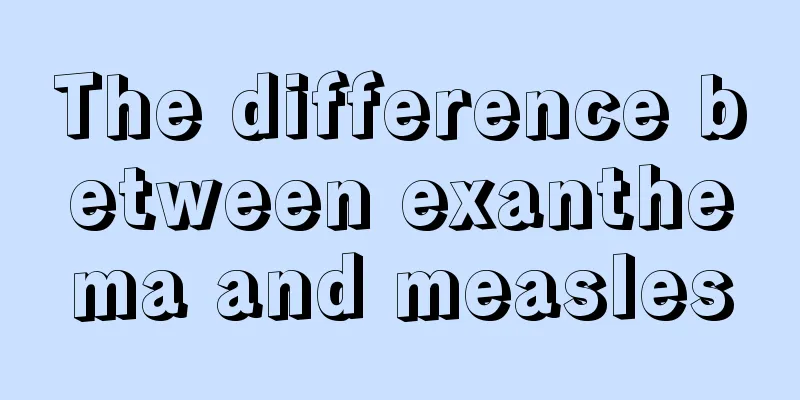What should I do if my child has nose bleeding?

|
Summer is here recently, and many people will feel irritated after eating something spicy. Generally speaking, there are more gatherings in summer, so eating something irritating is inevitable. Many people have different symptoms of getting angry, one of which is nosebleed. However, nosebleed is not necessarily caused by getting angry. It may also be caused by other reasons. Here we will introduce some situations about children's nosebleed. The main causes of nosebleeds in children are: 1. Nosebleeds are more likely to occur when the nasal mucosa is dry, the capillaries are dilated, there is nasal inflammation or irritation, such as various rhinitis, sinusitis[1], nasal tuberculosis, nasal syphilis, nasal trauma, nasal septum deviation, nasal foreign bodies or nasal tumors. 2. Bad climatic conditions, such as dry air, heat, low air pressure, cold weather, and high room temperature can cause nosebleeds. 3. Some children have the bad habit of picking their noses with their hands. When the nasal mucosa is dry, it is easy to pick their noses and cause bleeding. 4. Bad eating habits such as being picky about food, eating a partial diet, and not eating vegetables can also cause nosebleeds due to vitamin deficiency. 5. External injury is a major cause of nosebleeds in children. Children are active and naughty, and may accidentally bump into hard objects and cause nosebleeds. Children should also be educated not to pick their noses casually, as picking their noses may damage the nasal mucosa and cause nosebleeds. 6. Nasal mucosal erosion, nasal septum deviation, etc. This is the most common cause. It is recommended to go to the ENT department for examination and diagnosis. 7. If there is a decrease in platelets in the blood, it is recommended to check the routine blood test. It may be a complication of other diseases. Parents should not take it lightly. At the same time, certain systemic diseases such as fever, hypertension, arteriosclerosis, leukemia, thrombocytopenic purpura, aplastic anemia, etc. can also cause nosebleeds. 1. In the dry season, for children with a history of nosebleeds, families should have chloramphenicol eye ointment available, which can be applied evenly in the nasal cavity every day to moisturize the nasal mucosa. 2. Correct the child's picky eating habits, encourage him to drink more water, eat more vegetables, and arrange his diet reasonably and scientifically. 3. If children have difficulty breathing through their nose at night, you can use furosemide to moisten the nose, but never pick the nose. 4. Once nose bleeding occurs, you can use clean cotton wool to fill the nasal cavity to stop the bleeding. If there is no cotton wool, you can also use your fingers to press the sides of the nose for 5 minutes. 5. Let the child with nosebleed lower his head (note: not raise his head) and raise his upper limbs to increase the amount of blood returning to the heart in the superior vena cava, thereby reducing the blood supply to the nasal cavity to achieve the purpose of stopping bleeding. 6. Apply a cold towel to the nose to constrict the nasal blood vessels. 7. Moisturize the nasal cavity: When the child's nasal cavity is dry, you can use paraffin oil or glycerin to drop the nose, or wipe the nasal cavity with a cotton ball dipped in clean water. 8. Control strenuous activities and avoid nasal trauma: In addition to local inflammation of the nasal cavity, strenuous activities can also cause the blood vessels in the nasal mucosa to dilate or cause nasal itching. Children picking their noses can easily cause nosebleeds. In addition to avoiding strenuous exercise, children should also develop good living habits and not pick their noses at will. 9. Pay attention to your diet: When the air is dry, you should eat less fried and greasy food and eat more fresh fruits and vegetables. And remember to replenish water, 10. Prevent respiratory diseases: If a child suffers from infectious diseases such as colds, tonsillitis, pneumonia or mumps, it is easy to cause congestion and swelling of the blood vessels in the nasal mucosa, and even cause capillary rupture and bleeding. Therefore, prevention of nosebleeds and respiratory diseases cannot be ignored. The above knowledge points are some related introductions about nosebleeds in children. In fact, nosebleeds are not a big problem in many cases. As introduced above, they can recover automatically. However, some of the reasons are the result of the disease. In this case, you need to go to the hospital for examination to prevent the severity of the disease. |
<<: How many times a day is normal for a child to poop?
>>: How big are a newborn's feet?
Recommend
Treatment of neck ulcer in children
The hot summer is coming, and many children alway...
Can a newborn baby take a bath if he has a cold?
Colds and fevers are very common for babies. Beca...
What are the symptoms of uremia in children?
Uremia is a very serious disease. Generally, the ...
What are the symptoms of hernia in babies?
Hernia is a congenital genetic disease that is qu...
How to stimulate children’s appetite?
Nowadays, most families have only one child, and ...
What medicine should children take for colds?
It is very common for children to catch a cold du...
What to do if a three-year-old child is disobedient
If a three-year-old child is disobedient, parents...
Will children with roseola vomit?
If a child vomits for no apparent reason and his ...
Treatment of nephrotic syndrome in children, these methods are very effective
If nephrotic syndrome occurs in children, parents...
What medicine should children take for pharyngitis?
Because it is summer now, viruses are very preval...
How to deal with baby’s face scratched by nails?
If you have a baby at home, he or she definitely ...
What causes baby's sweaty palms?
Today's babies are the sweethearts of the fam...
Why do children's teeth turn yellow?
During the growth process of every child, parents...
What to do if your three-month-old baby is zinc deficient
A three-month-old baby is still very small. This ...
White spots on baby's face
The appearance of white spots on a child's fa...









